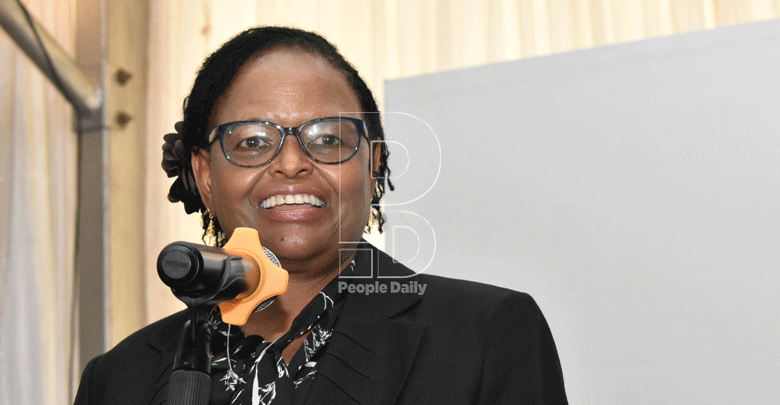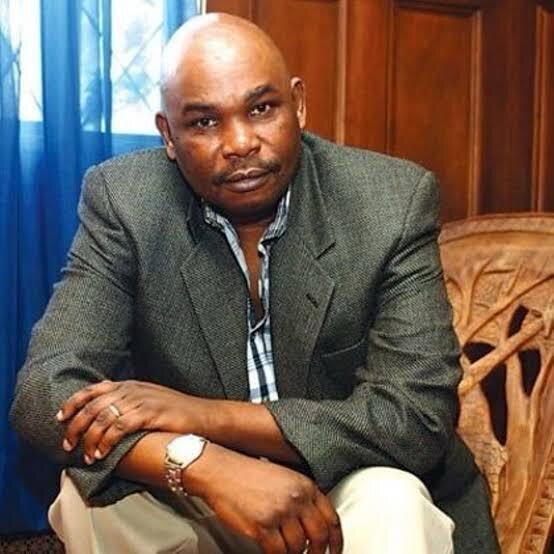Chief Justice Koome resorts to night hearings to cut backlog

The Judiciary plans to roll out special night court sessions in an effort to expedite delivery of justice, Chief Justice Martha Koome has announced.
Koome said plans were underway to come up with innovative ways to ensure Commercial Courts and the Anti-Corruption and Economic Crimes courts have night shifts.
“We will begin by coming up with interventions and measures in consultation with all judicial officers.
For instance, we are considering creating programmes that will ensure (we have) court sittings between 5pm and 8pm to enhance their performance and resolution of cases in real time,” said Koome.
She was speaking in Mombasa, yesterday when she presided over the official opening of the 2nd Annual Symposium for Tribunals.
Koome said using a bottom-up approach, court stations will be allowed to innovate unique interventions such as their own case management systems to improve efficiency in service delivery.
Bottom-up
“This means we will embrace shared leadership, meaning each judicial officer will be encouraged and supported to innovate and adopt measures to increase his or her efficiency in collaboration with the court users,” she said.
Koome also plans to open more small claims’ courts in low-income areas.
This, she said, is aimed at reducing the distance litigants travel to access services especially in major towns.
Koome said no cases will allowed to remain in lower courts beyond three years while all appeals should be dispensed with within one year of filing.
“The imperative goal of the bottom-up approach access to justice is expeditious delivery of justice with dignity and without discrimination; the need for adoption of the approach is informed by the reality that the Judiciary is operating in a changed environment where Kenyans and investors expect quality, efficient and cost-effective delivery of service,” she said.
She acknowledged that dispensation of justice was still characterised by unnecessary delays, high costs and antiquated methods.
“These are the challenges that confront me as I embark on my consequential tenure in office,” she said.
Koome noted that though tribunals are expected to ensure physical and procedural access to those seeking their services, the current situation does not lend itself sufficiently to meet the dictates of the Constitution with respect to access to justice.
“I am alive to the numerous challenges that tribunals are facing especially the lack of governance and legal framework for transitioning tribunals to the Judiciary in conformity with the Constitution.
This is a major challenge but the wheels of resolving it are in motion,” said Koome.
Speaking during her swearing in May, Koome had promised to ensure no cases remain in courts for more than three years.
She had lamented that courts were still battling with a backlog of cases despite strides made since adoption of the 2010 Constitution.
External forces
“My predecessors made efforts to improve the Judiciary that wants us to embrace the case management system,” she stated.
Besides the cases backlog, the CJ stressed the need for access to justice for court users.
“I understand that some court users sell valuable things to file a case, pay an advocate or even raise bus fare to the courts,” she observed.
Acknowledging that the Judiciary Fund was yet to be effected, Koome promised to spearhead allocation of more resources to enable her to revamp the justice system and put up more structures in the courts.
Koome said she was aware of external forces that were an active threat to the independence of the Judiciary and promised the justice dispensation team that she would not waver.









